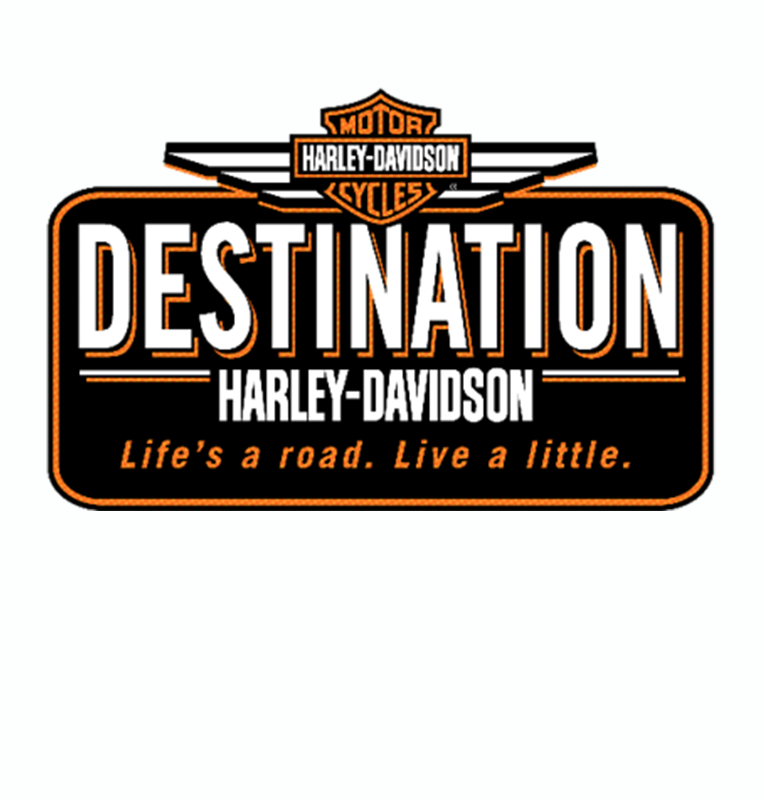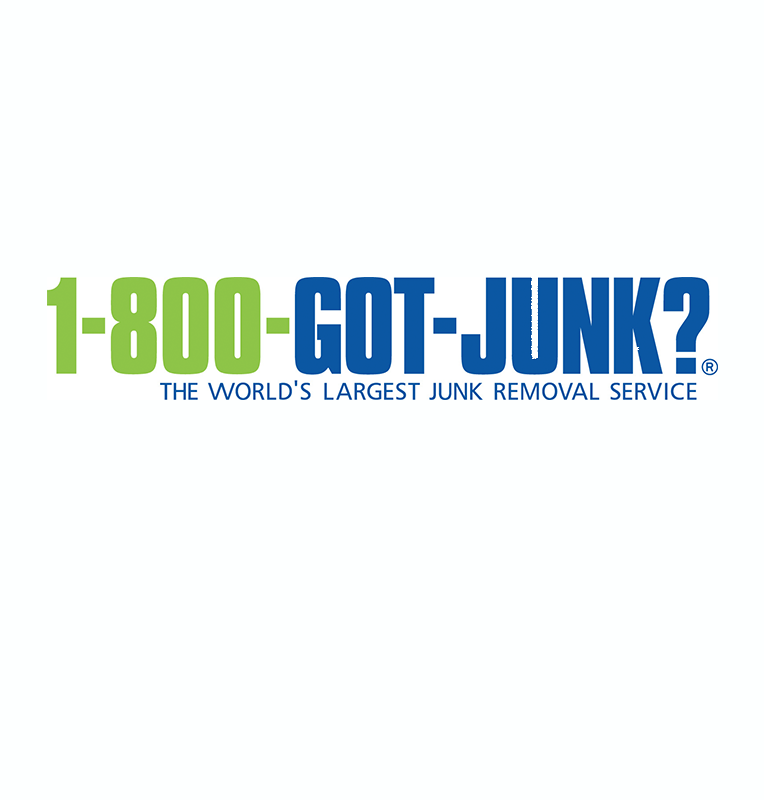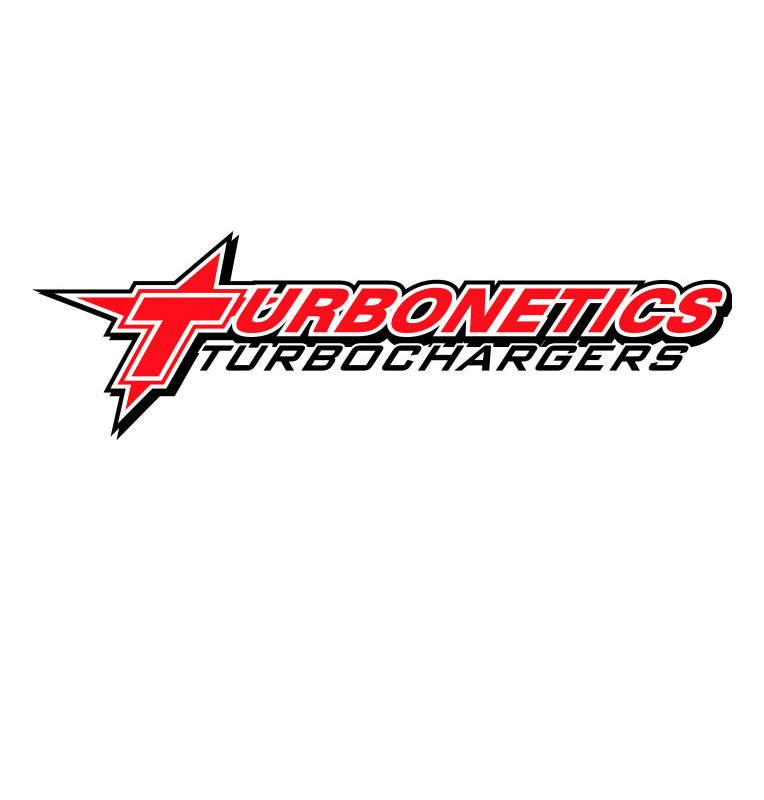Company Background
Started nearly two decades ago in Burke, Virginia, Sun Design – which focuses exclusively on the residential home renovation market – operates under the principles of truth, charity and fun. The company began playing the Great Game of Business in 2008 under the guidance of its owners – Craig Durosko and Bob Gallagher– and the company’s Game Master, Sandy Harris. “We stumbled a bit in the beginning implementing things like MiniGames,™” she says. “But we have continued to get better at playing the Game and it has made a huge difference in our results.”
Business Challenges
Few industries felt the sting of the recession more than the residential construction business did over the past few years - a pain that Sun Design shared in. “Coming off of two very successful years in 2006 and 2007, we began 2008 with high hopes and great expectations,” says Harris. “Then, as the market began to slide and our leads began to slow, we saw a significant decrease in revenues with an overall drop of 6.9% for 2008 from the previous year.” To compensate for this drop, the company suffered through its first ever layoff.
.png)













